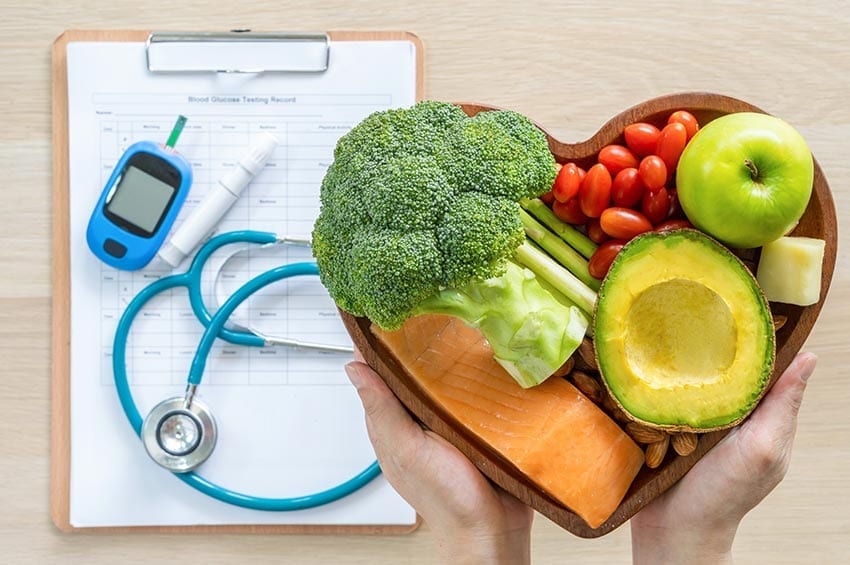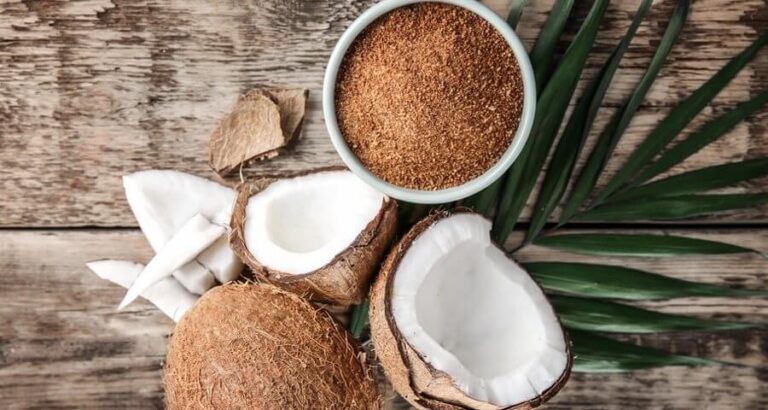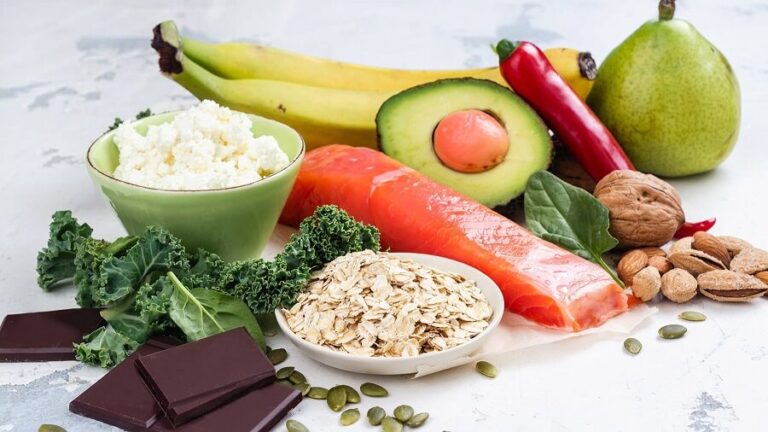For every person who mentions the ketogenic diet , there is another warning about the harmful effects on your heart. The concern is that following a diet that is very high in fat and very low in carbohydrates will create an increase in cholesterol levels, which in turn, could increase your risk of heart disease.
The concern is certainly valid. On the keto diet, you consume up to 80 percent of your calories from fat each day, and the amount of net carbs is limited to just 20 – 50 grams .
This means that you will eat a lot of fat each day, and in the name of meeting that quota, that may include unhealthy options like butter, and animal fat, all sources of saturated and trans fats , which have been linked to poor heart health. . (1,2)
But the effect of the ketogenic diet on heart health is not as simple as it sounds. In fact, the ketogenic diet may not have a detrimental effect on the arteries as some have thought. Read on to find out what the effects of the ketogenic diet are on cholesterol and what foods to choose to stay keto healthy.
Keto diet and cholesterol
Most research suggests that ketogenic diets can positively and modestly affect blood cholesterol levels. (3,4,5)
In particular, it has been seen that the keto diet can slightly lower total cholesterol levels, lower LDL (bad) cholesterol levels while also increasing HDL (good) cholesterol levels.
However, it has also been seen that in some cases, the ketogenic diet can increase total cholesterol, triglyceride and LDL levels in the short term. This is apparently due to both particular genetic factors and versions of ketogenic diets that include large amounts of poor-quality fats. (6.7)
Based on this, the relationship between the keto diet and cholesterol is so controversial. While it might be estimated that the keto diet is safe for most overweight and high cholesterol people, generalizing is not a good idea.
RELATED:
- Keto diet weekly menu for beginners
- Why do you urinate so much on the ketogenic diet?
- Keto Flu – What is it?
I have high cholesterol and want to start a ketogenic diet – what do I need to know?
For starters, if you’re starting a ketogenic diet and have high cholesterol, consider monitoring your lipid levels with lab tests.
Whether your cholesterol levels rise or fall depends largely on the quality of your ketogenic diet.
“One problem is that there is no single ketogenic diet. There are different ways to follow it, and some people are careful about the types of fats they eat, while others are not. Says Dr. Soffer a member of the American National Lipid Association “. (7)
So try to avoid trans fats, processed meats, and fried foods, as these foods can increase your cholesterol levels and risk of heart disease.
You might also consider replacing some of the saturated fats in with monounsaturated fats. Swapping butter and meat for vegetable fats can help lower bad cholesterol levels . Avocados, olive oil, and nuts are good sources of monounsaturated fats.
Additionally, certain polyunsaturated fats, such as omega-3 fats, can help lower triglyceride levels and increase HDL (good) cholesterol when consumed on a ketogenic diet. Flax seeds, chia seeds, walnuts, and fatty fish like salmon are good sources of omega-3s.
Lastly, just because a ketogenic diet is low in carbohydrates doesn’t mean it should be low in fiber. Consider including high-fiber foods like nuts, seeds, berries, and low-carb vegetables, as higher fiber intake can help lower your cholesterol levels.
The relationship between the keto diet and heart health is not that simple
The association between heart health and ketogenic diets is controversial, even for experts on the subject.
On the one hand, according to the available literature, the keto diet may be associated with some improvements in some cardiovascular risk factors, such as obesity, type 2 diabetes, and HDL cholesterol levels. (4)
These benefits are mainly associated with weight loss. Most of the people who have been tested are overweight or obese at the start of the study, and even moderate weight loss could be metabolically beneficial for them.
On the other, these benefits are usually limited in time: maintaining body weight after doing a keto diet is often a major problem. Furthermore, although there are approximations, there is no clear record of what the real effect is on endothelial vascular function. That is, if the keto diet promotes inflammation and the formation of lesions in the arteries.
As far as we now know, the clean keto diet would not be an aggravating factor for arteriosclerosis. But more data is still needed to better assess the effects of long-term use of the ketogenic diet on metabolic diseases and cardiovascular risk factors.
ABSTRACT
As far as we know today, the impact of the keto diet on cholesterol and other blood lipids is modestly beneficial for most people.
If you have pre-existing high cholesterol levels, you will need to adjust the structure of your ketogenic diet to avoid fatty foods that increase your levels of bad cholesterol and triglycerides.
More studies are needed to determine whether the ketogenic diet negatively affects vascular function and promotes the formation of atherosclerotic lesions.







